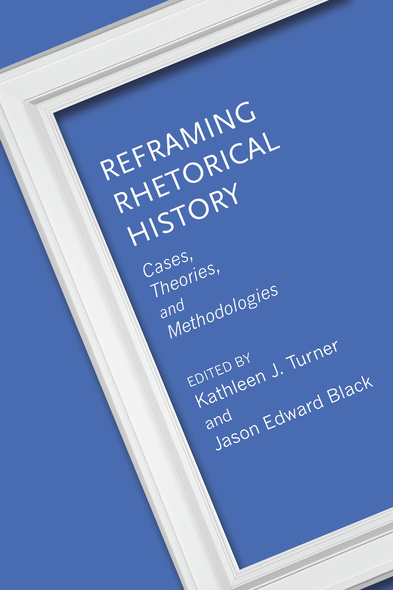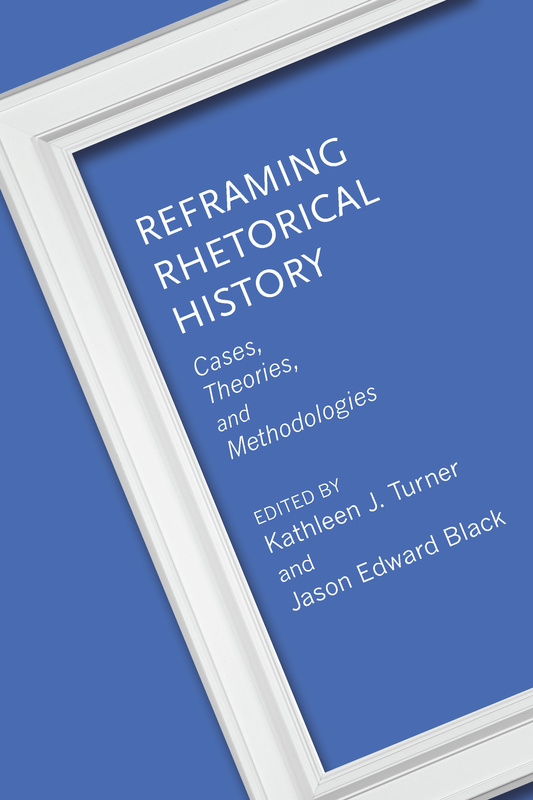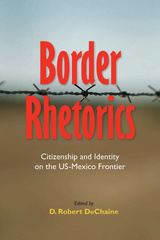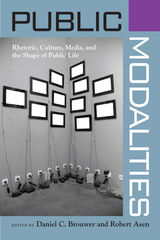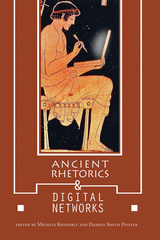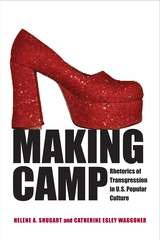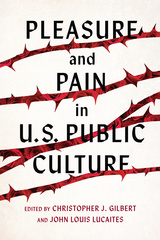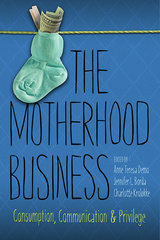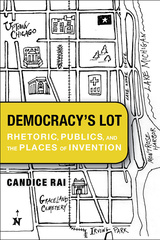Reframing Rhetorical History
Cases, Theories, and Methodologies
Edited by Kathleen J. Turner and Jason Edward Black; Preface by Kathleen J. Turner; Introduction by Jason Edward Black
University of Alabama Press
A collection of essays providing insights into new directions in rhetorical history
Kathleen J. Turner’s 1998 multicontributor volume Doing Rhetorical History: Concepts and Cases quickly became a foundational text in the field, and the studies in the book have served as an important roadmap for scholars undertaking such scholarship. In the decades since its publication, developments in rhetorical-historical research, engaged scholarship, and academic interventionism have changed the practice of rhetorical history tremendously.
To address this shift, Turner and Jason Edward Black have edited a much-anticipated follow-up volume: Reframing Rhetorical History: Cases, Theories, and Methodologies, which reassesses both history as rhetoric and rhetorical history as practice. This new book attends to a number of topics that have become not just hot-button issues in rhetorical scholarship but have entrenched themselves as anchors within the field. These include digital rhetoric, public memory, race and ethnicity, gender dynamics and sexualities, health and well-being, transnationalism and globalization, social justice, archival methods and politics, and colonialism and decoloniality.
The sixteen essays are divided into four major parts: “Digital Humanities and Culture” introduces methods and cases using twenty-first century technologies; “Identities, Cultures, and Archives” addresses race and gender within the contexts of critical race theory, gendered health rhetoric, race-based public memory, and class/sectionalism; “Approaches to Nationalism and Transnationalism” explores ideologies related to US and international cultures; and “Metahistories and Pedagogies” explores creative ways to approach the frame of metarhetorical history given what the field has learned since the publication of Doing Rhetorical History.
CONTRIBUTORS
Andrew D. Barnes / Jason Edward Black / Bryan Crable / Adrienne E. Hacker Daniels / Matthew deTar / Margaret Franz / Joe Edward Hatfield / J. Michael Hogan / Andre E. Johnson / Madison A. Krall / Melody Lehn / Lisbeth A. Lipari / Chandra A. Maldonado / Roseann M. Mandziuk / Christina L. Moss / Christopher J. Oldenburg / Sean Patrick O’Rourke / Daniel P. Overton / Shawn J. Parry-Giles / Philip Perdue / Kathleen J. Turner
Kathleen J. Turner’s 1998 multicontributor volume Doing Rhetorical History: Concepts and Cases quickly became a foundational text in the field, and the studies in the book have served as an important roadmap for scholars undertaking such scholarship. In the decades since its publication, developments in rhetorical-historical research, engaged scholarship, and academic interventionism have changed the practice of rhetorical history tremendously.
To address this shift, Turner and Jason Edward Black have edited a much-anticipated follow-up volume: Reframing Rhetorical History: Cases, Theories, and Methodologies, which reassesses both history as rhetoric and rhetorical history as practice. This new book attends to a number of topics that have become not just hot-button issues in rhetorical scholarship but have entrenched themselves as anchors within the field. These include digital rhetoric, public memory, race and ethnicity, gender dynamics and sexualities, health and well-being, transnationalism and globalization, social justice, archival methods and politics, and colonialism and decoloniality.
The sixteen essays are divided into four major parts: “Digital Humanities and Culture” introduces methods and cases using twenty-first century technologies; “Identities, Cultures, and Archives” addresses race and gender within the contexts of critical race theory, gendered health rhetoric, race-based public memory, and class/sectionalism; “Approaches to Nationalism and Transnationalism” explores ideologies related to US and international cultures; and “Metahistories and Pedagogies” explores creative ways to approach the frame of metarhetorical history given what the field has learned since the publication of Doing Rhetorical History.
CONTRIBUTORS
Andrew D. Barnes / Jason Edward Black / Bryan Crable / Adrienne E. Hacker Daniels / Matthew deTar / Margaret Franz / Joe Edward Hatfield / J. Michael Hogan / Andre E. Johnson / Madison A. Krall / Melody Lehn / Lisbeth A. Lipari / Chandra A. Maldonado / Roseann M. Mandziuk / Christina L. Moss / Christopher J. Oldenburg / Sean Patrick O’Rourke / Daniel P. Overton / Shawn J. Parry-Giles / Philip Perdue / Kathleen J. Turner
Reframing Rhetorical History is a thoughtful and dynamic text, one that explores everything from the promise of digital humanities to shifting conceptions of the archive, breathing new life into canonical concepts and laying the groundwork for research yet to be conducted in the coming decades.’
—Jeffrey A. Bennett, author of Managing Diabetes: The Cultural Politics of Disease and Banning Queer Blood: Rhetorics of Citizenship, Contagion, and Resistance
‘Reframing Rhetorical History explicates the history of rhetoric as a discipline, engages with history as rhetoric, and explores rhetorical history as practice. Various chapters detail the intersections of history and rhetoric across the US and internationally, in digital and traditional contexts, in terms of culture and identity, and with specific applications to pedagogy. It is a must-read volume for anyone interested in politics, history, rhetoric, and the connections among and between them. It is useful to scholars and to students, and will be invaluable in graduate and undergraduate classrooms.’
—Mary E. Stuckey, author of Deplorable: The Worst Presidential Campaigns from Jefferson to Trump
Kathleen J. Turner is professor emerita of communication studies at Davidson College. She is author of Lyndon Johnson’s Dual War: Vietnam and the Press and editor of Doing Rhetorical History: Concepts and Cases, as well as coauthor of Public Speaking: Finding Your Voice and Communication Centers: A Theory-Based Guide to Training and Management.
Jason Edward Black is professor of communication studies at the University of North Carolina at Charlotte. He is author of American Indians and the Rhetoric of Removal and Allotment and coauthor of Mascot Nation: The Controversy over Native American Representations in Sports. He is coeditor of Decolonizing Native American Rhetoric: Communicating Self-Determination and An Archive of Hope: Harvey Milk’s Speeches and Writings.
Jason Edward Black is professor of communication studies at the University of North Carolina at Charlotte. He is author of American Indians and the Rhetoric of Removal and Allotment and coauthor of Mascot Nation: The Controversy over Native American Representations in Sports. He is coeditor of Decolonizing Native American Rhetoric: Communicating Self-Determination and An Archive of Hope: Harvey Milk’s Speeches and Writings.

